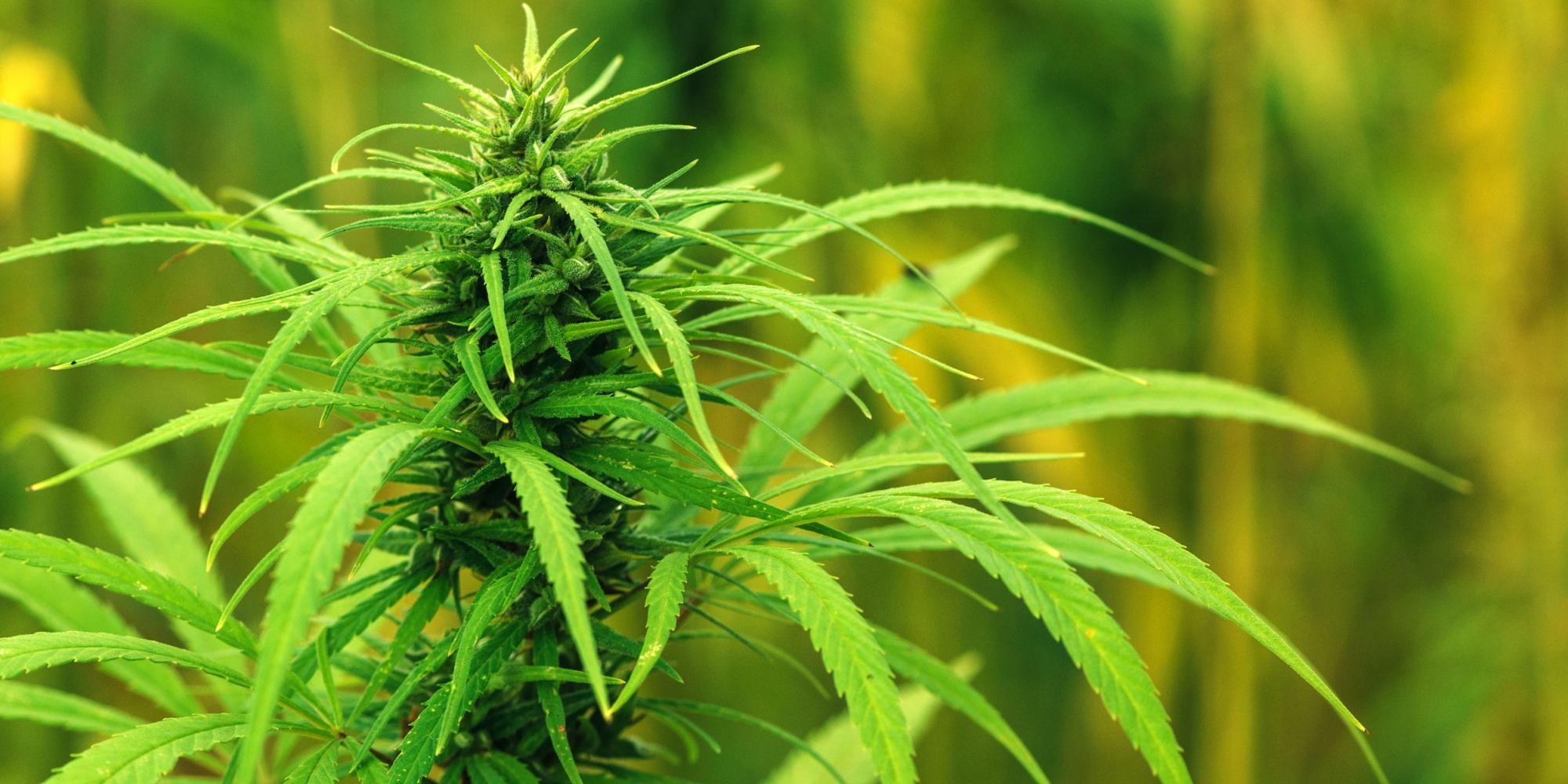11.21.2025
Sausage casings bulletin, November 21, 2025

...

As new business ventures for hemp fiber emerge, a common challenge is having no working model to emulate. Farmers have been copying one another since the earliest of times, and generally, peers in agriculture are quite open to sharing knowledge. Agriculture as a sector is much more open than other industries, including the hemp industry. There are many exceptions, and non-profit industry organizations and university extension have all jumped in to fill a need. This will create far more accessible programming over time, both geographically and cost of attendance.
This is typical in agriculture. Extension organizes learning events in the field, and relevant vendors sponsor a hamburger dinner and may get a few minutes to address attendees. COVID effectively put a kibosh on field days, but some intrepid operators, like the Hemp Mine in South Carolina, hosted field days for cannabinoid producers in SC and MI in 2020.
There are several new operators poised to begin decortication this year. Some have attempted this earlier, but machinery continues to be a major obstacle. Decortication may involve a number of steps, like separating bast and hurd, but secondary sorting is a critical function, especially for woven textiles. We generally do not know what the specs will be for various applications, a problem for longer term efforts like plant breeding. Each operator will help shape product specs, and over several years, consensus will build in various segments.
Not being able to draw on relevant expertise to train crews, or principals for that matter, leaves most new entrants to solve problems on their own. This will be essential for early adopters, because they do not have many mentors right now to look to when dialing in machines and processes. These challenges are inherent to agriculture and confront a variety of crop segments. Many field operations for established crops aren’t perfect by any stretch, and are continually undergoing iterative changes, often starting with an on-farm modification. This is especially the case for specialty crops.
This is the same for hemp, as various machines are developed and adapted for the crop. Much of the practical experience is with either production or processing, but with this expertise siloed, it creates disconnects in the effort to connect material from the field to an industrial process.
Conversations are ongoing and will continue to build momentum. Providing the forum for people to have these conversations will help entrepreneurs build realistic business models, and pool resources for seed, and provide educational opportunities from areas with historical hemp production. Funding to import knowledge will be easily attainable in today’s funding climate, but industry stakeholders need to identify European or Chinese experts to call on before dollars can be spent.
Today’s Fiber Talk webinar hosed by the Southeast Hemp Association (SEHA) is an excellent example of creating a forum for these discussions. There is significant pent-up dialogue that really needs leadership to move the conversation forward, and many new relationships will be forged by this collective effort. Blake Butler is setting a strong example for facilitating this process with SEHA members; we encourage you to join or support SEHA’s efforts.